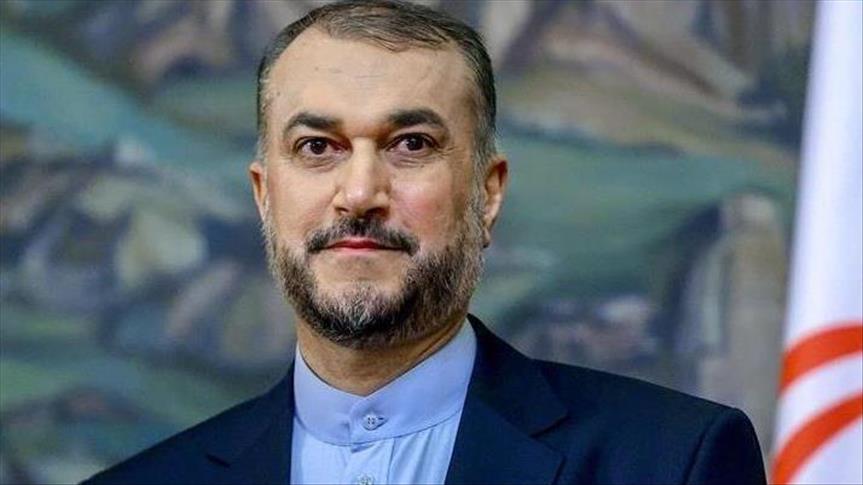Iran has never been so close to a deal with the six world powers that would resolve the nuclear standoff once and for all, but the West still must show more flexibility, Iran's foreign minister said on Thursday.
“We are trying to reach a deal, to reach a good deal. We are we are optimistic about it. And we have never been this close to a deal as we are today,” Hossein Amir-Abdollahian told Germany’s Munich Security Conference.
“It is the Western side that has to present his initiative initiatives and show flexibility. Further flexibility at this level can bring that talks to a good conclusion for all parties,” he added.
The Iran nuclear talks are also on the side agenda of this year’s Munich conference – dominated by the Ukraine crisis – as diplomats of Iran, the US, Russia, China, France, Britain, and Germany have indicated a deal may be imminent.
- ‘Nuclear-armed Iran unacceptable’
But German Chancellor Olaf Scholz warned Iran that negotiations to save the 2015 nuclear deal could fail and has urged Tehran to give in.
“The Iranian leadership now has a choice: now is the moment of truth,” Scholz said on Saturday at the Munich conference.
“We have come a long way in the negotiations in Vienna over the past 10 months. All the elements for concluding the negotiations are on the table,” said Scholz.
However, if Iran continues to enrich fuel and at the same time suspends monitoring by the International Atomic Energy Agency, then that is not acceptable, he added.
Scholz also warned against a nuclear-armed Iran, even though Tehran has repeatedly said it is pursuing a peaceful civilian nuclear program
“An Iranian nuclear armament is unacceptable to us. Also because Israel's security is non-negotiable,” he said.
This is why a decision will soon have to be made as to whether a return to the 2015 nuclear deal is still appropriate, he added.
Scholz said the negotiations could fail if there is no quick agreement on resolving the nuclear impasse.
“We now have the chance to come to an agreement that will allow the sanctions to be lifted,” said Scholz, but warned: “If we don't manage to do this very quickly, the negotiations risk failing.”
Germany, France, and Great Britain, together with Russia and China, have been mediating between Iran and the US for months.
The aim is to lift US economic sanctions and, in return, to restrict Iran's nuclear program again. The next few weeks are seen as crucial to whether the 2015 agreement can be revived.
In 2018, under then-President Donald Trump, the US unilaterally withdrew from the deal.
As a result, Tehran violated the terms of the agreement. Among other things, it enriched uranium to a level that is not far from weapon capability.
Iran recently declared that it did not want to give up its civilian nuclear program.
“Sooner or later the country will need nuclear energy and therefore a civilian nuclear program is necessary and inevitable for us,” Iran’s Supreme Leader Ayatollah Ali Khamenei said on Thursday.
By Oliver Towfigh Nia
Anadolu Agency
energy@aa.com.tr


